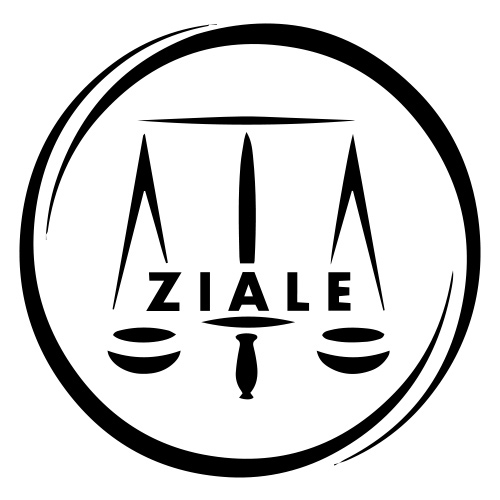THE ZIALE COUNCIL
ESTABLISHMENT & COMPOSITION
The Act establishes the Council and outlines its functions and composition in Sections 4 and 5 respectively. In terms of Section 5(1), the Council consists of the following members:
- the Attorney-General, with the Solicitor-General as an alternate member;
- a judge nominated by the Chief Justice;
- the Director of Public Prosecutions;
- the Permanent Secretary responsible for administration in the Ministry responsible for justice;
- a representative of the Attorney-General with expertise in legislative drafting;
- a representative of the Law Association of Zambia;
- a representative of the Zambia Institute of Chartered Accountants;
- a representative of the department of the Clerk of the National Assembly;
- a Dean and one senior lecturer from the Law School of a public university, nominated by the Minister responsible for education;
- a Dean and one senior lecturer from the Law School of a private university, nominated by the Minister responsible for education;
- a Magistrate who is admitted as a legal practitioner under the Legal Practitioners Act, nominated by the Magistrates and Judges Association of Zambia;
- two legal practitioners appointed by the Minister; and,
- the Director, as an ex-officio
FUNCTIONS OF THE COUNCIL
Under Section 4(1) of the Act, the Council is mandated to provide national, regional and
Section 4(2) of the Act provides further functions of the Council as being to:
(a) Set minimum educational entry qualifications for persons seeking enrolment as students of the Institute;
(b) Provide minimum educational qualifications for students who wish to be admitted to the legal Bar;
(c) Provide training in Legislative Drafting;
(d) Keep a register of all enrolled students;
(e) Accredit law schools at private and public universities and set the criteria for accreditation;
(f) Approve qualifications of foreign students who wish to be enrolled at the Institute;
(g) Set and hold examinations for candidates for admission as legal practitioners;
(h) Provide post-graduate judicial training for Magistrates and Judges;
(i) Encourage international cooperation in post-graduate legal and legislative drafting studies provided by the Council;
(j) Provide such post-graduate courses of legal studies, set and hold examinations in such courses as the Council may think necessary;
(k) Prepare and publish a syllabus of courses of study essential for purposes of any examination set and held by the Council;
(l) Issue certificates to persons who are successful candidates in examinations conducted by the Council;
(m) Appoint the teaching staff of the Institute; and
- Do all such things connected with or incidental to the foregoing.
